Tonika Johnson is a photographer, social justice artist and life-long resident of Chicago’s South Side Englewood...


Tonika Johnson is a photographer, social justice artist and life-long resident of Chicago’s South Side Englewood...

While a number of scholars have studied online communities, research on games has been mostly focused on the business, experience, and content of gameplay. Interactions between players within games has received less attention, and toxic behavior is a newer area of investigation in academia....
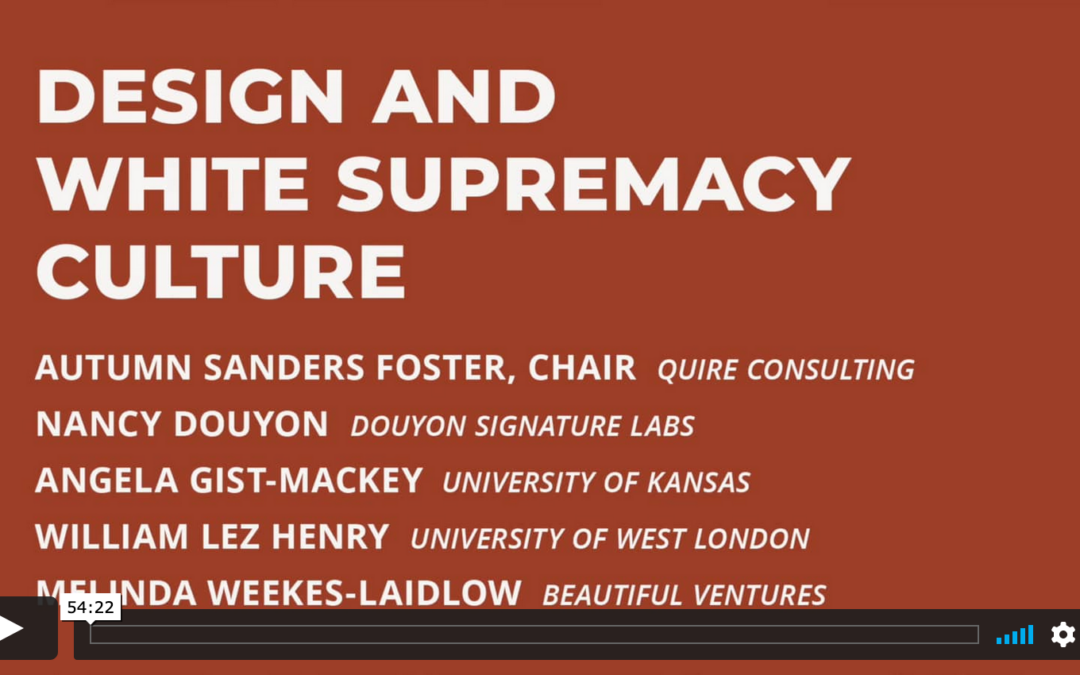
Within the growing global discourse around race, whiteness, and racial injustice lies a call to address the ways systemic racism and normalized whiteness continue to shape our work. Many organizations have issued formal statements but struggle to identify and implement meaningful next steps....
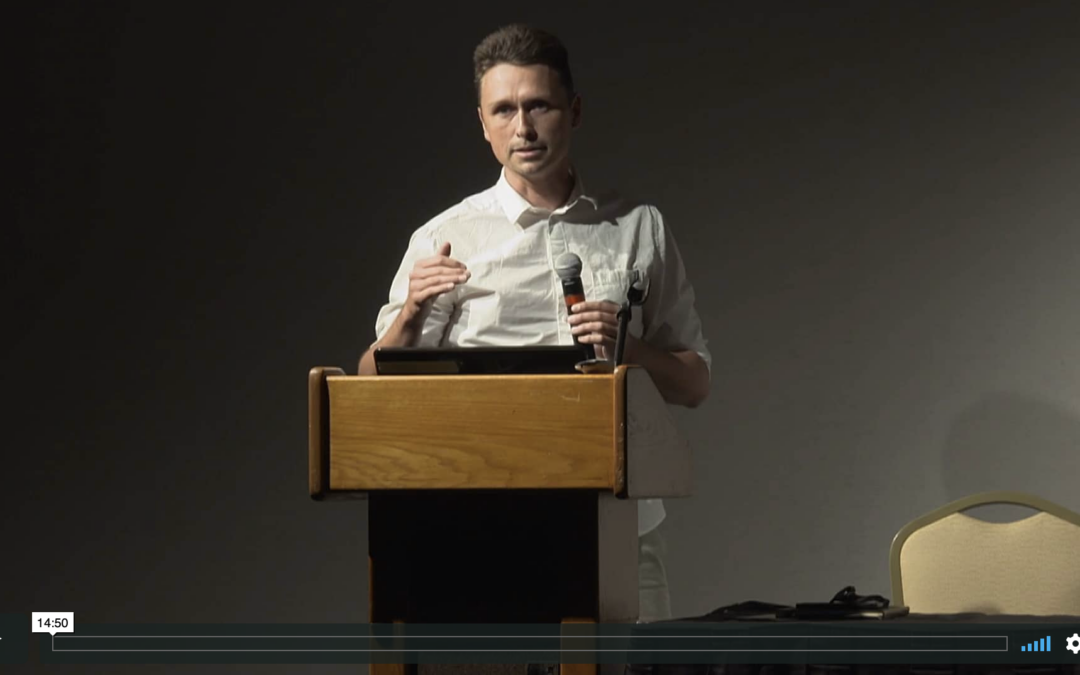
Case Study—In 2016 The Chicago Community Trust (“The Trust”), a local Chicago foundation, partnered with Roller Strategies (“Roller”), an international professional services firm, to deploy an innovative mixed-methods approach to community-driven social change on the South Side of Chicago. This...

Dealing in Desire: Asian Ascendancy, Western Decline, and the Hidden Currencies of Global Sex Work Kimberly Kay Hoang 2015, 248pp, University of California Press The Labor of Care: Filipina Migrants and Transnational Families in the Digital Age Valerie Francisco-Menchavez 2018, 256pp, University...
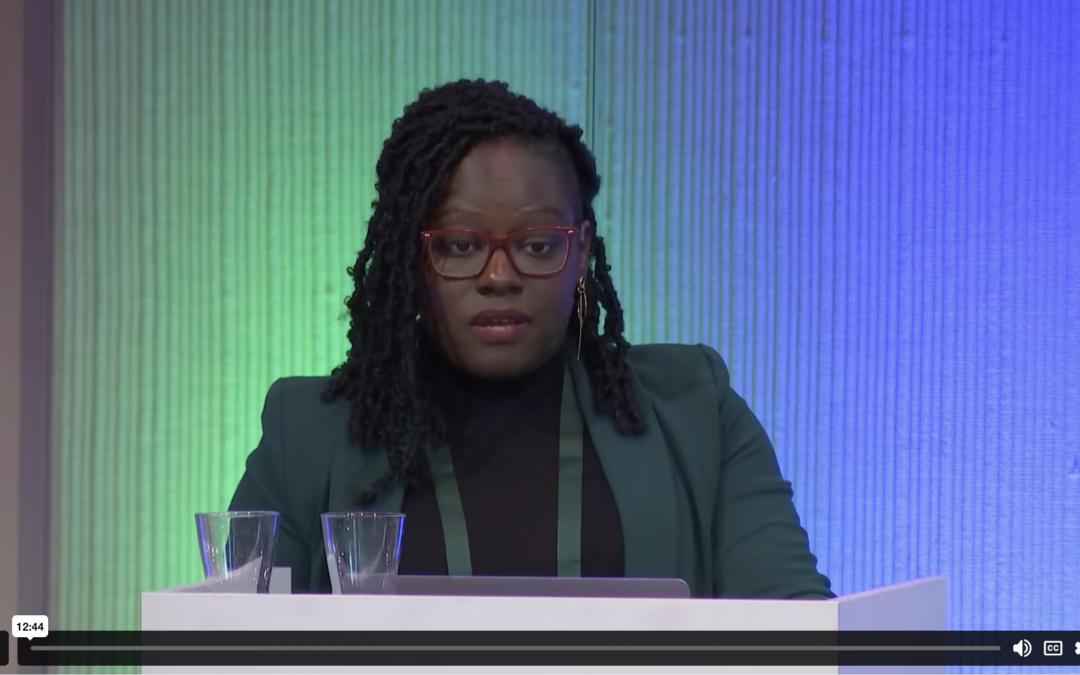
Corporate leaders issued countless statements decrying racism and investing in diversity, equity, and inclusion (DEI) efforts in 2020. As a result of the pandemic and the ongoing racial reckoning that year, the...
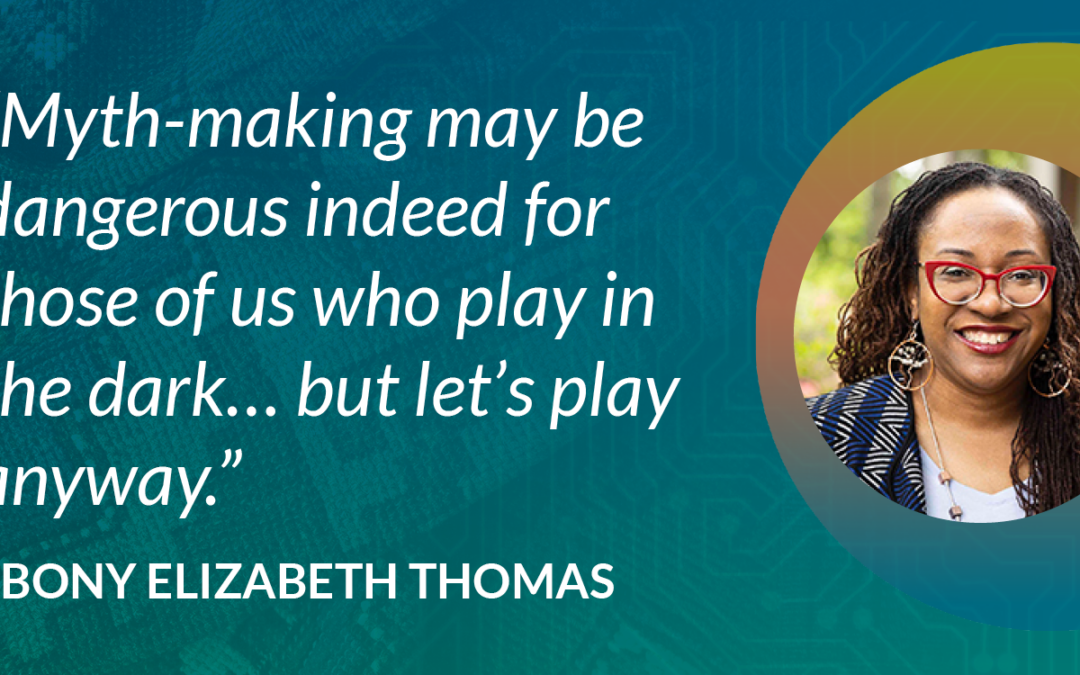
As we anticipate EPIC2021—yes, bring on the puns—I had the spectacular task of studying The Dark Fantastic: Race and the Imagination from Harry Potter to the Hunger Games by Ebony Elizabeth Thomas. My goal was to find small ways to spark our EPIC community's curiosity ahead of her EPIC keynote. As...
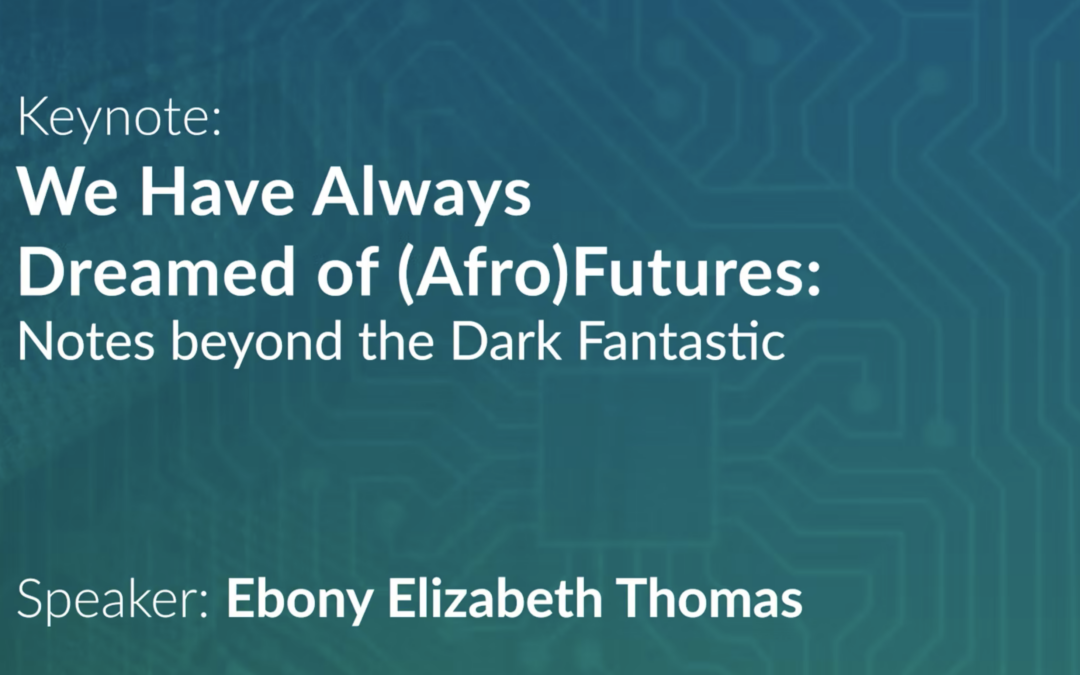
Ebony Elizabeth Thomas is Associate Professor in Educational Studies at the University of Michigan. She studies how people of color are portrayed, or not portrayed, in children’s and young adult literature, and how those portrayals shape our culture. As children’s and young adult literary empires...
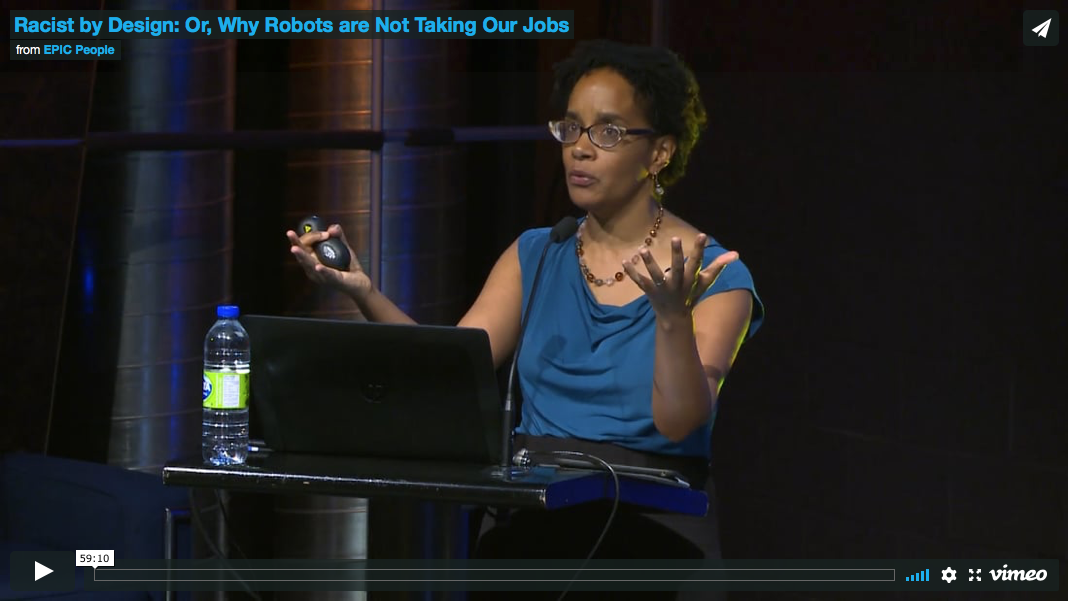
Carolyn Rouse is a professor and chair of the Department of Anthropology and the Director of the Program in African Studies at Princeton University. Her work explores the use of evidence to make particular claims about race and social inequality. She is the author of Engaged Surrender: African...
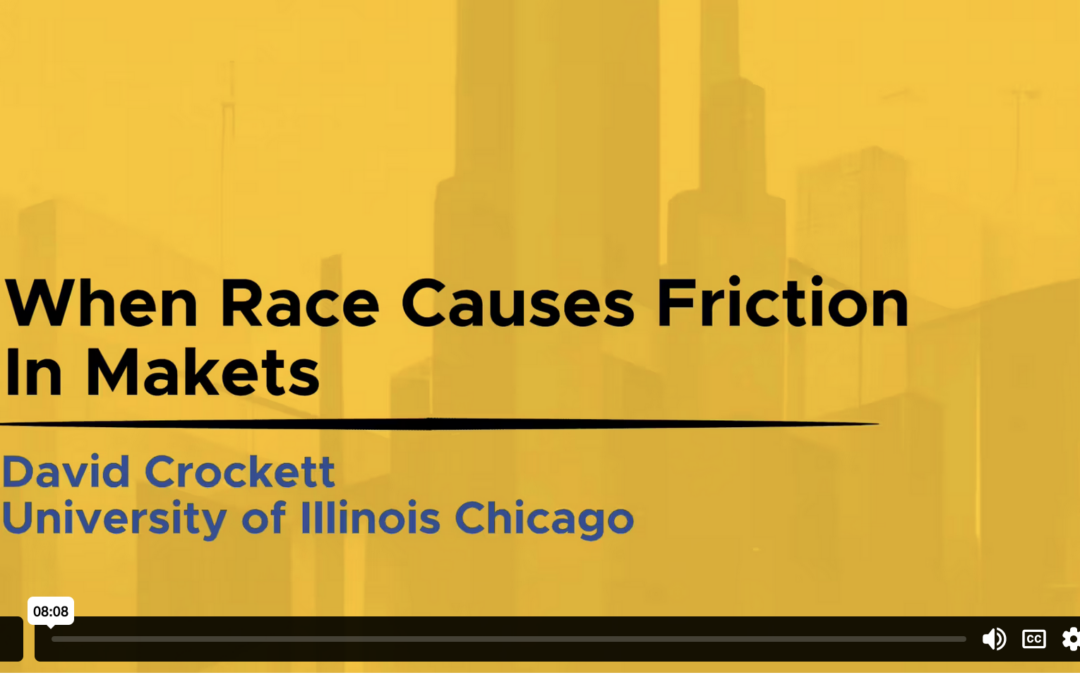
https://vimeo.com/815388024 Markets are key spaces where racism is practiced and experienced. In this lightning talk, David Crockett suggests a framework we can use to evaluate corporate and community projects that attempt to intervene in racist market dynamics. The talk is based on Crockett's...